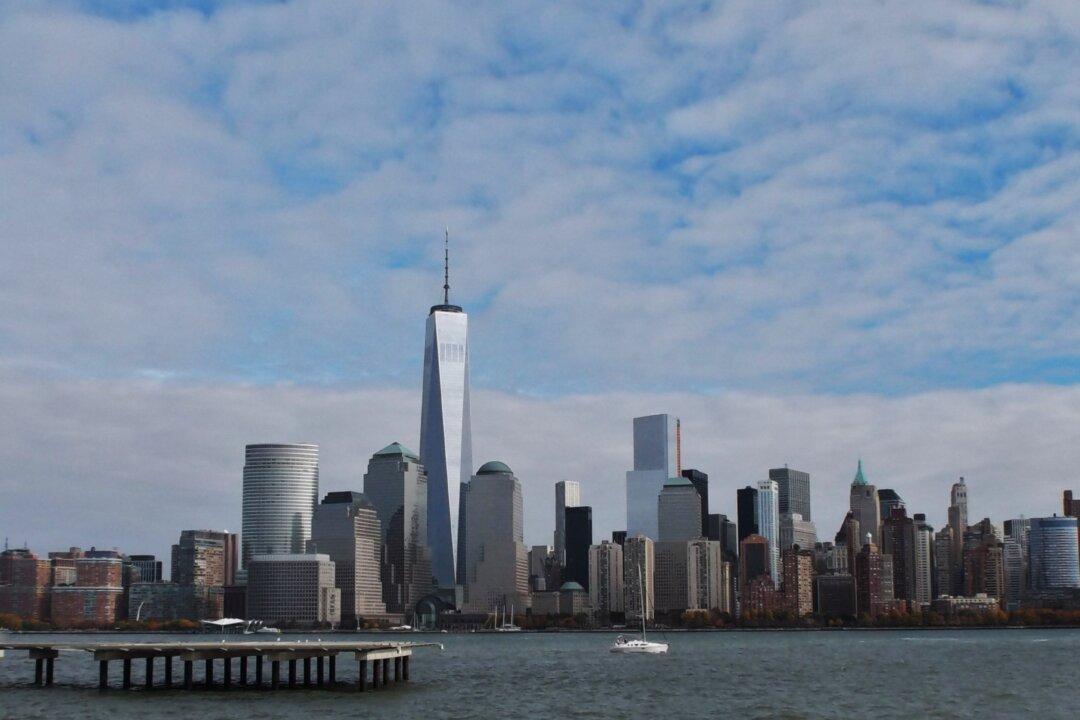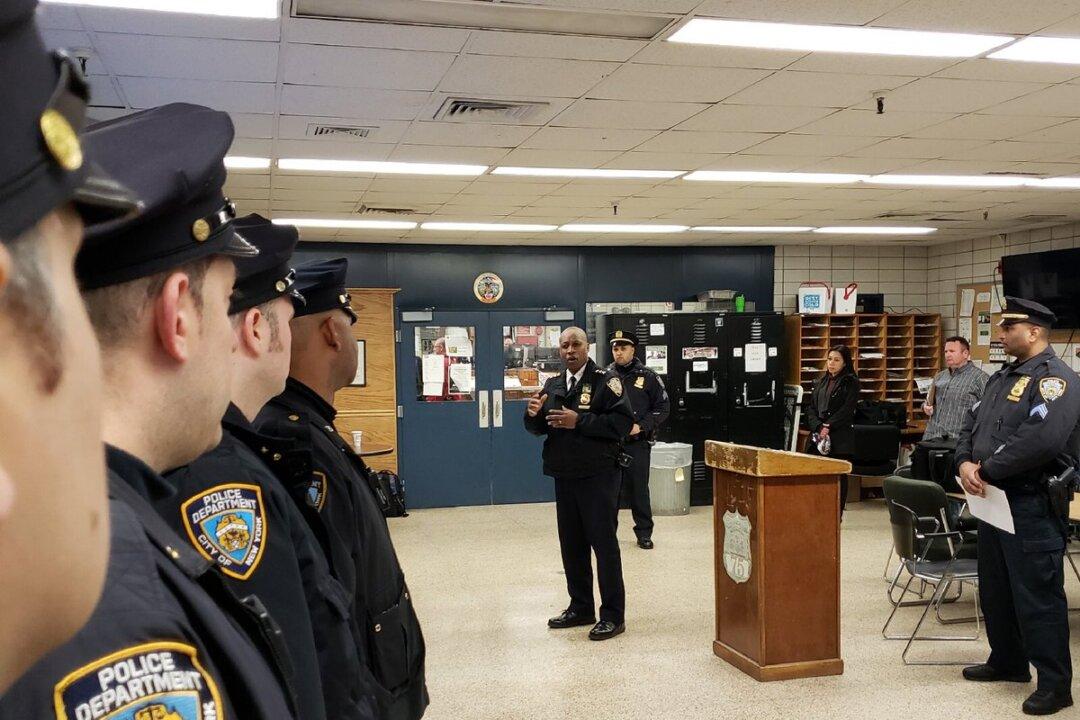The disturbing security breach last week by a 16-year-old thrill-seeker who climbed to the spire of One World Trade Center—one of the world’s most critical security sites—past a sleeping security guard and what should have been layers of impenetrable security is a wake-up call. This incident follows the arrests this week of three extreme-skydivers, and their accomplice, for recklessly parachuting off the WTC last fall.
In a post-9/11 world, these violations of elementary access control and defense in depth security principles must inspire renewed vigilance. Protecting our homeland is critical not only at the WTC, a building that represents America’s dedication to freedom, but throughout New York City.
In my many security initiatives in New York over the years, including presentations for museums, hospitals, cultural properties, educational institutions, landmark locations, law enforcement and security professionals on crisis planning, public-private partnerships, and violence prevention, vigilance is always emphasized.
These security violations at the WTC are alarming. Safeguarding New York, home to millions and a city welcoming visitors from all over the world, requires nothing less than the most tenacious, proficient, and unwavering vigilance.
Vigilance: Basic Principles
The motto “Eternal Vigilance Is the Price of Liberty,” from a Jan. 28, 1852, speech by Wendell Phillips and engraved in stone outside the National Archives in Washington D.C., serves as inspiration for basic principles:
Vigilance insures board certified security vulnerability assessments are conducted to address security issues.
Vigilance requires comprehensive training of physical, personal, informational, and procedural security issues.
Vigilance insures advanced technology is utilized including security personnel patrol systems, radio communication, digital recording, and emergency notification procedures as well as the most professional continually updated post orders and crisis management procedures.
Vigilance respects the right-to-know so individuals may take appropriate measures for personal safety in the event of an incident or its possibility. An abundance of caution must always be the mindset.
Vigilance initiates active law enforcement presence and forges public-private partnerships.
Vigilance is proactive with continual tabletop, partial-scale, and full-scale emergency preparedness drills and simulations.
Vigilance requires well-paid, highly motivated, respectfully uniformed and continually trained and certified security professionals. Training must exceed status quo requirements, which often fall short. The topics should include AED/CPR, first aid, leadership, ethics, emergency preparedness, lockdowns, evacuations, sheltering in place, conflict resolution, fire prevention and response, crisis planning, mental health warning signs, diversity, Internet and equipment protocols, communication, report writing, terrorism awareness, crime prevention, gang awareness, domestic violence, public relations, problem solving, and substance abuse.
Vigilance encourages ongoing education and certifications. These include crime prevention, fire safety and ASIS International certifications including the certified protection professional (CPP), the professional certified investigator (PCI), and the physical security professional (PSP).
Vigilance inspires security and law enforcement morale through educational assistance programs and awards recognizing outstanding service, meritorious action, and exemplary conduct. Education and community service accomplishments also deserve commendations.
Vigilance inspires ethical protectors, steadfastly dedicated to safeguarding the health, safety, and welfare of all entrusted to their care.
Vigilance is the process of paying close and continuous attention—alert watchfulness. It is protecting and serving 24 hours a day, 7 days a week, 365 days a year.
Our Duty
The WTC is a symbol of America’s freedom, courage, and perseverance. It is our duty to ensure that what it represents and the dignity, security, and rights of all in the great city of New York are enhanced through leadership, collaboration, and vigilance. New York must serve America as a national model of security and preparedness.






